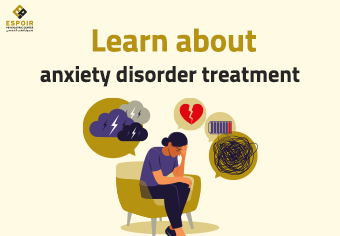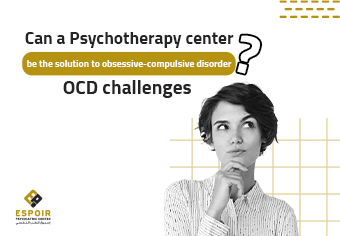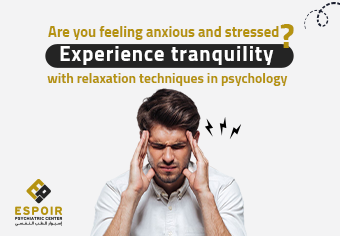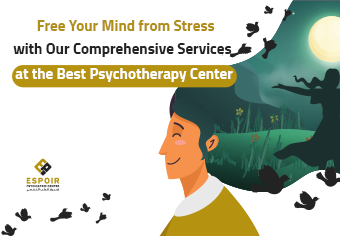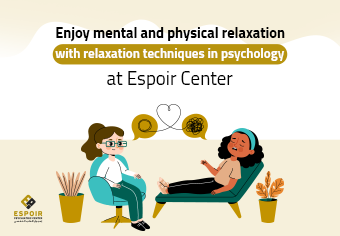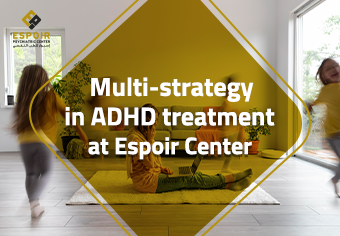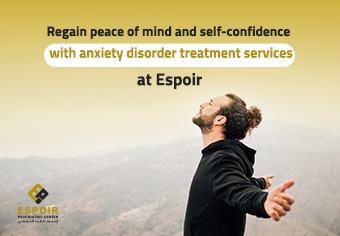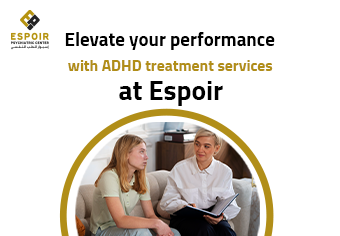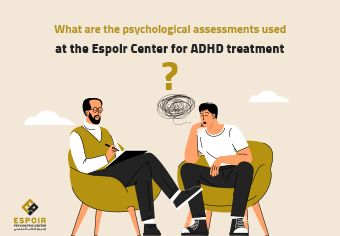
Anxiety disorders are among the most common mental health conditions worldwide, affecting millions of individuals of all ages and backgrounds. These disorders can significantly impair the ability to function in daily life, leading to psychological distress and reduced quality of life. However, with the right therapeutic approach, individuals suffering from anxiety disorders can effectively manage their symptoms and live fulfilling lives. Understanding the widespread prevalence of anxiety disorders highlights the importance of effective treatment strategies. By addressing these disorders comprehensively, individuals can regain control of their lives and experience a sense of well-being. From psychotherapy to medication and lifestyle modifications, there are diverse options available to help individuals cope with the challenges posed by anxiety disorders. By adopting a comprehensive treatment approach, individuals can embark on a journey toward anxiety treatment and reclaim their mental health.
Methods Used in Anxiety Disorder Treatment:
- Psychotherapy:
Psychotherapy, especially Cognitive-Behavioral Therapy (CBT), is considered the gold standard for treating anxiety disorders. CBT helps individuals identify irrational thinking and beliefs that contribute to anxiety. Through techniques like exposure therapy, individuals gradually confront frightening situations or objects in a safe environment, helping them tolerate anxiety and reduce avoidance behaviors. Other forms of therapy, such as Acceptance and Commitment Therapy (ACT) and Dialectical Behavior Therapy (DBT), can also be beneficial, depending on the individual’s needs and preferences.
- Medication:
Psychotropic medications, including Selective Serotonin Reuptake Inhibitors (SSRIs), Serotonin-Norepinephrine Reuptake Inhibitors (SNRIs), and Benzodiazepines, are commonly prescribed to alleviate symptoms of anxiety disorders. SSRIs and SNRIs are preferred for long-term management due to their effectiveness and lower risk of dependence compared to Benzodiazepines. These medications work by altering levels of neurotransmitters in the brain, helping to regulate mood and reduce anxiety symptoms. It’s essential for individuals to work closely with a mental health professional to find the most suitable medication and dosage, as response to medication varies among individuals.
- Relaxation and Mindfulness Techniques:
Studies have shown that mindfulness-based therapies, such as mindful meditation and yoga, have been effective in reducing anxiety symptoms by enhancing awareness of the present moment and acceptance. These practices help individuals develop greater resilience to stressors and promote feelings of calmness and inner peace. Additionally, relaxation techniques such as deep breathing exercises, progressive muscle relaxation, and guided imagery can help achieve a state of relaxation while addressing the physiological tension associated with anxiety.
- Lifestyle Modifications:
Adopting a healthy lifestyle can complement other therapeutic approaches and improve overall well-being. Studies have shown that regular exercise reduces anxiety levels by increasing endorphin release and enhancing sleep quality. A balanced diet rich in fruits, vegetables, whole grains, and essential plant proteins provides essential nutrients that support mental health. It is advisable to reduce caffeine and alcohol consumption, as these substances can exacerbate anxiety symptoms.
- Support Groups:
Connecting with others who share similar experiences can provide support and encouragement for individuals with anxiety disorders. Support groups offer a safe space to discuss challenges, exchange coping strategies, and receive empathy from peers who understand what they’re going through. Online forums and community organizations may provide virtual or in-person support groups tailored to specific anxiety disorders, such as social anxiety or panic disorder.
- Alternative and Complementary Therapies:
Some individuals find relief from anxiety symptoms through alternative and complementary therapies, such as acupuncture, massage therapy, and herbal supplements. While research on the effectiveness of these therapies for anxiety disorders is mixed, some individuals report personal improvements in their symptoms. It is essential to consult healthcare professionals before trying these therapies to ensure they are safe and appropriate.

In conclusion,
effective treatment for anxiety disorders often relies on a combination of psychotherapy, medication, lifestyle modifications, and supportive interventions. Finding the appropriate therapeutic approach may require patience and experimentation, as what works for one person may not work for another. With proper care and support, individuals struggling with anxiety disorders can learn to manage their symptoms and live a life filled with peace and tranquility. If you or someone you know is experiencing anxiety, don’t hesitate to seek help from qualified healthcare professionals at Aspire Center, the premier center specializing in anxiety treatment in Qatar.

